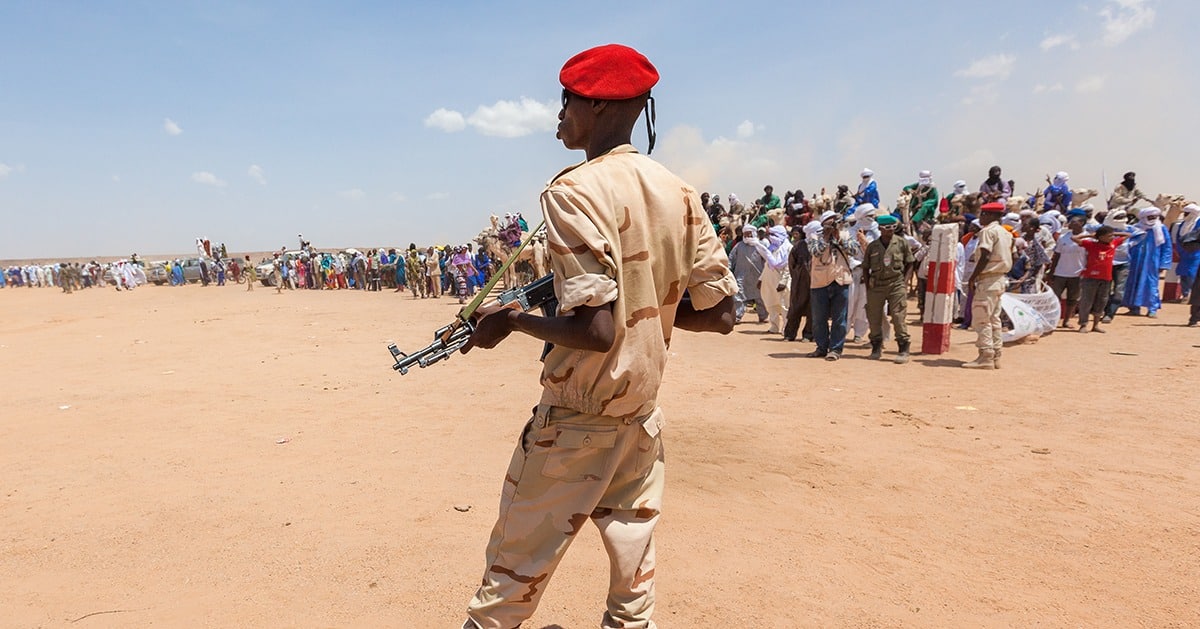One of the poorest countries in the world, Niger is the fourth West African country to experience a coup d’état since 2020.

The July military coup in Niger revealed once more the vulnerability of democratic institutions in Africa’s troubled Sahel region. Beyond that, it exposed the weaknesses and divisions among the 15 members of the Economic Community of West African States (ECOWAS), some of which were already under military rule; the mounting discontent with exploitation of the region’s economic resources by the former French colonial power; and the inability of international diplomacy to promote stability and good governance.
One of the poorest countries in the world, Niger is the fourth West African country to experience a coup d’état since 2020, following military takeovers in Mali, Burkina Faso, and Guinea. Alongside coups in Chad and Sudan, Niger becomes the final puzzle piece joining together the world’s largest contiguous region under military rule, with a combined population of about 200 million stretching from the Atlantic Ocean to the Red Sea.
“Although the specific context is different in each country, the growing insecurity and spread of militant groups as well as armed militias were major factors behind the coups,” says Andrew Lebovich, an expert on North Africa and the Sahel at the Danish Institute for International Studies and a research fellow at the Clingendael Institute, a Netherlands think-tank on international relations. The worsening security situation mirrors growing discontent with governments unable to effectively serve their citizens’ needs, he notes.
“The large presence of foreign military forces in the region, especially in Mali and Niger, proved to be lightning rods for some forms of opposition, further contributing to dissatisfaction with civilian governments already plagued by corruption and governance failures,” Lebovich says.
Neither Niger’s neighbors nor the global powers with interests in the region are well-suited to design a solution to the country’s crisis, he says. ECOWAS has been unable to agree on a strategy to intervene militarily. France, which sources 20% of the uranium for its nuclear power stations from a country where only about 15% of the population has electricity, is an increasingly unwelcome presence in Niger, while the EU at large, the US, and Russia all see the country as a battleground for their competing strategic interests in the region. The prognosis is for no return to civilian rule any time soon.



